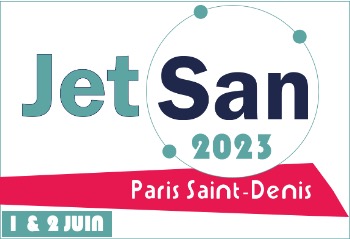Road traffic accident represents an important public health issue. One of the strategies to reduce sequelae gravity and mortality is to improve prehospital medical care management. For that purpose, wearable technologies combined with new data processing methods constitute an interesting opportunity. A wearable would indeed enable monitoring quickly the vital signs of a casualty and thus providing an earlier diagnosis, which is beneficial for its outcome. In this study, the technical specifications the wearable device should satisfy for this purpose, and the relevant physiological parameters it should target, are discussed. A wristband solution has been identified among several devices and it will be used to create a post-accident database. Moreover, a new scoring system computable continuously and directly from the wearable is under development. It includes on one hand three intermediate scores representing respectively hemodynamic, respiratory, and neurologic status; and on the other hand a global score calculated from these three intermediate scores. This system will be integrated into a triage interface designed for rescuers.
Accès publications par auteur > Boussen SalahUsing wearables to optimise the prehospital medical care management of traffic accident casualties
1 : Laboratoire de Biomécanique Appliquée
Aix Marseille Université, Université Gustave Eiffel
2 : Electronique, Systèmes de communication et Microsystèmes
Conservatoire National des Arts et Métiers [CNAM], Centre National de la Recherche Scientifique, Université Gustave Eiffel
3 : Ecole National Supérieure des Officiers Sapeurs-Pompiers
Université Gustave Eiffel
|



